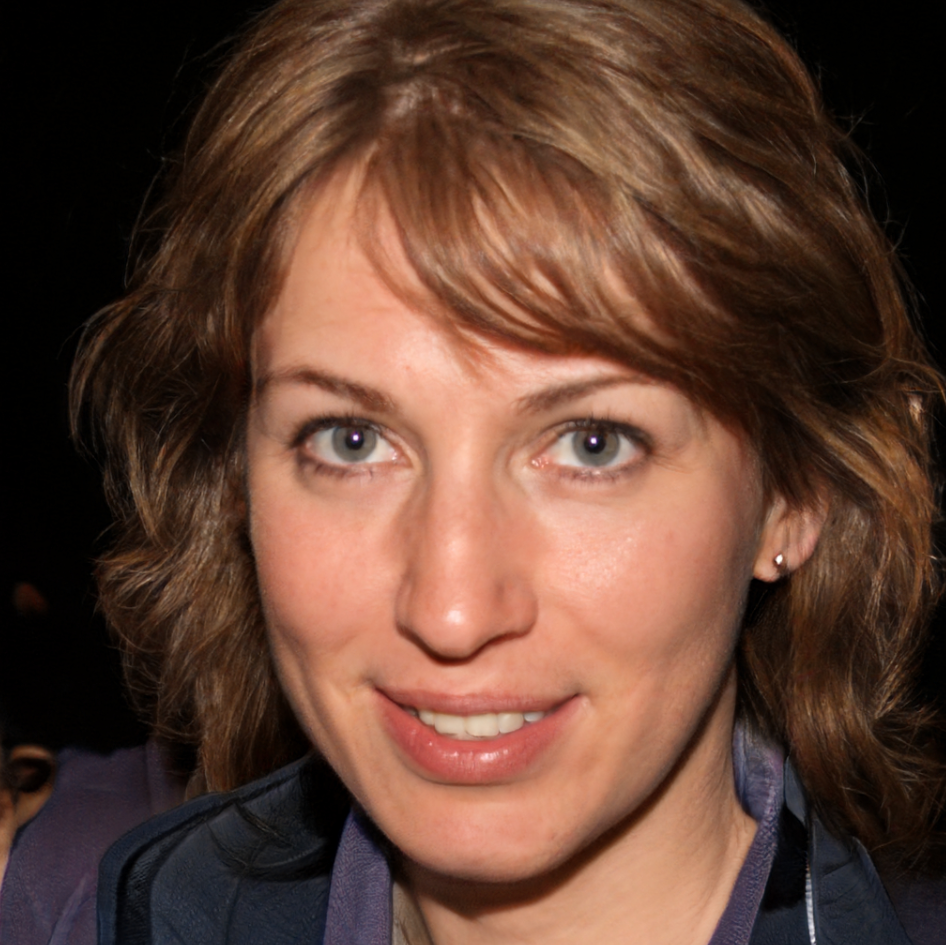Why You LOST INTEREST In Your Hobbies After Awakening | Carl Jung
6,365 View
Share this Video
- Publish Date:
- 8 September, 2025
- Category:
- Hobbies
- Video License
- Standard License
- Imported From:
- Youtube
Tags
Why You LOST INTEREST In Your Hobbies After Awakening | Carl Jung
Subscribe to: @thesurrealmind
After spiritual awakening, your favorite hobbies suddenly feel meaningless, forced, and empty. You can't understand why painting no longer brings joy, why music sounds like noise, or why activities that once defined you now feel like elaborate distractions. Carl Jung spent decades studying this psychological phenomenon and discovered that 80% of his patients who experienced consciousness shifts abandoned their former passions within months.
This video explores Jung's revolutionary insights into what he identified as the "hobby death phenomenon" - the systematic dismantling of ego-driven interests that occurs during psychological transformation. We examine why your mind had to kill your old hobbies before authentic creativity could emerge, and how this apparent loss is actually evidence of profound psychological evolution.
Jung's analytical psychology reveals that before awakening, hobbies served as persona builders, shadow managers, and ego motivators - sophisticated psychological systems that maintained identity and avoided uncomfortable emotions. But when consciousness expands, these compensatory mechanisms lose their power, leaving you feeling creatively dead and emotionally confused.
Through Jung's framework of individuation, we explore how this creative death prepares the psyche for authentic self-expression. The video covers persona collapse, motivational reorientation, shadow confrontation, meaning system breakdown, and the eventual emergence of Self-directed activities that serve wholeness rather than psychological neediness.
You'll discover why this transition from ego-driven hobbies to soul-sourced creativity is a necessary part of psychological maturation, and how Jung's concept of the "afternoon of life" explains why this phenomenon intensifies during major consciousness shifts. This isn't spiritual failure - it's psychological rebirth.
Source Materials:
- Carl Jung's analytical psychology and persona theory
- Jung's concepts of shadow integration and individuation process
- Jung's life phases theory (morning vs afternoon of life)
- Jung's research on psychological balancing and compensatory activities
- Jung's active imagination technique and creativity theory
- Jung's Self archetype and authentic expression concepts
- Modern applications of Jungian therapy and depth psychology
- Jung's understanding of ego motivation vs transcendent function
#CarlJung #Psychology #AnalyticalPsychology #TheIndividuationProcess #Shadow #TheShadowinPsychology #SelfKnowledge #PersonalDevelopment #DepthPsychology #JungianPsychotherapy #TheEgoandtheUnconscious #TheSelfandtheUnconscious #PsychologyandSpirituality #TheHumanMind #JungandtheHumanPsyche #PhilosophyofConsciousness #TheUnconsciousMind #PsychologyofEmotions #ExistentialPhilosophyandPsychology #ContemporaryPhilosophy #TheInnerJourney #MindandEmotions #PhilosophyofSelfAcceptance #DevelopmentoftheSelf #AppliedJungianPsychology














